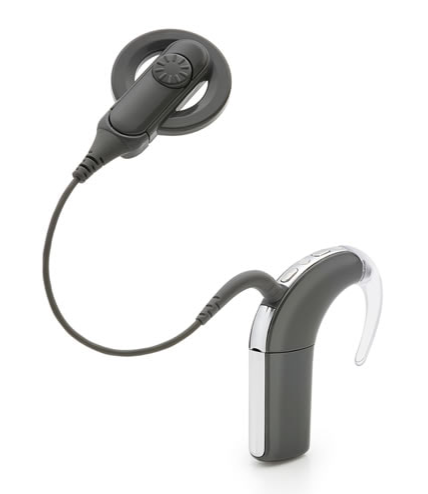Hearing aids and cochlear implants are both designed to help individuals with hearing loss, but they work in fundamentally different ways and are intended for different levels and types of hearing impairment. Understanding the distinction between the two can help individuals make informed decisions about their hearing health.
How They Work
Hearing aids are electronic devices that amplify sound. They are worn in or behind the ear and work by capturing environmental sounds, amplifying them, and delivering the louder sound into the ear canal. This helps individuals with mild to moderate hearing loss better hear and understand speech and environmental sounds. Hearing aids rely on the user’s existing hearing ability; they do not bypass damaged parts of the ear but instead make sounds louder and clearer.
Cochlear implants, on the other hand, are surgically implanted medical devices used for people with severe to profound sensorineural hearing loss who do not benefit sufficiently from hearing aids. A cochlear implant bypasses the damaged portions of the inner ear (cochlea) and directly stimulates the auditory nerve using electrical signals. The implant includes an external processor that captures sound and sends signals to the implanted internal electrode array.
Who They’re For
Hearing aids are ideal for individuals with mild to moderate hearing loss and intact auditory pathways. They are non-invasive, relatively affordable, and easy to use. Many modern hearing aids also offer features like Bluetooth connectivity, noise reduction, and directional microphones.
Cochlear implants are intended for individuals with more severe hearing loss or complete deafness who receive little or no benefit from traditional hearing aids. Candidates must undergo medical evaluations and meet specific criteria before receiving an implant.
While both hearing aids and cochlear implants aim to improve hearing, they do so in very different ways. Hearing aids amplify sound, making them effective for those with some remaining hearing ability. Cochlear implants provide a sense of sound by directly stimulating the auditory nerve, offering a solution for those with profound hearing loss. The choice between the two depends on the severity of hearing loss, lifestyle needs, and consultation with a hearing specialist.
